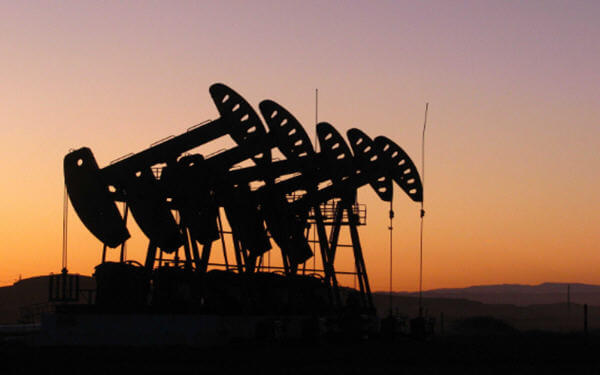
As Opec and other major oil producers prepare to meet in Algiers on Sunday to assess the market’s needs for the quarters ahead, Russia is again flexing its muscles in its new-found role as a linchpin in managing oil prices and a principal architect of a new order for the Middle East.
The resurgence in Russia’s oil industry has been little understood by the market. After the oil price slump in 2014, counter-intuitively, Russia’s pace of energy development accelerated, and it is positioned to have a greater say in oil price-setting than before.
When Russia added nearly 300,000 barrels a day to markets in June as its part of an agreement with Saudi Arabia, all of that output came from new “green field” discoveries. Almost none of it came from older brownfield production that was shut in 2017.
With higher oil prices Russia is in a position to add 3 per cent annually to the country’s production base, up from 1 per cent annually previously, and this new level of growth looks like it can be sustained for at least the next few years.
Just as before the last meeting between Opec and its allies in June, when Russia pre-empted its partners by raising production ahead of the gathering, so too now, it is reported to be producing 11.33m barrels b/d versus its August production of 11.16m b/d.
Citi believes it has another 200,000 b/d or more in spare capacity to add to markets should producers decide it is needed in the coming months.
The stakes are even higher than in June given the potential loss of more than 1.3m b/d from markets in the coming months, comprising 1m b/d of Iranian production because of US sanctions and another 300,000 b/d of lost Venezuelan production because of self-inflicted wounds.
Russia is essentially taking the lead in managing the market. By raising output it buffers Saudi Arabia against Iran’s complaints that its chief regional rival is taking its market share alone. Moscow’s higher production may even get the applause of Washington for acting to keep prices at a moderate level.
Russia might have joined the producer group in 2016 for basic national interest reasons — by the time the agreement was forged, low prices had bled Moscow’s budget reserves from $175bn in early 2014 to some $70bn.
But Russia’s invitation to join was at the behest of Saudi Arabia, which recognised that it alone was incapable of affecting global markets as effectively as it could in the past. Opec had quite simply lost its market clout.
The producer group had about 35m b/d of capacity in 1980, when total global demand was about 65m b/d. It has about the same capacity today, but the global oil market is now about 100m b/d, much too large for Opec to effectively manage prices alone.
Adding Russia’s more than 11m b/d of capacity has helped Opec regain influence.
In the process, Russia has achieved two big foreign policy objectives, an achievement based on two existential crises confronted by Saudi Arabia and the other Gulf Arab countries.
One is an existential crisis in oil markets, in which they lost market power; the other is an existential crisis in the Middle East neighbourhood.
Unlike the Gulf states’ long-term partner and protector — the US — Russia has a direct role to play in both, particularly as it has open ties to Iran and exerts a significant influence in all countries in the region. It provides a say in capitals that the US cannot reach, including Tehran.
Russia also stands in a better position today in oil markets than it did before the 2016 producer agreements to take 1.8m b/d out of markets to reduce global excess inventories and restore higher prices.
The frenzy of aggressive and increasingly complex drilling to develop the country’s extensive brownfield resources, and a seemingly unending string of oil discoveries and green field projects, have given it greater clout.
All of this activity has been further supported by Russia’s tax system that offers favourable terms to both new projects and further brownfield development.
So Russia is in a position to be a kingpin for stability in the Middle East and a price-maker in oil markets, a position it has never held.
Source: FT.com